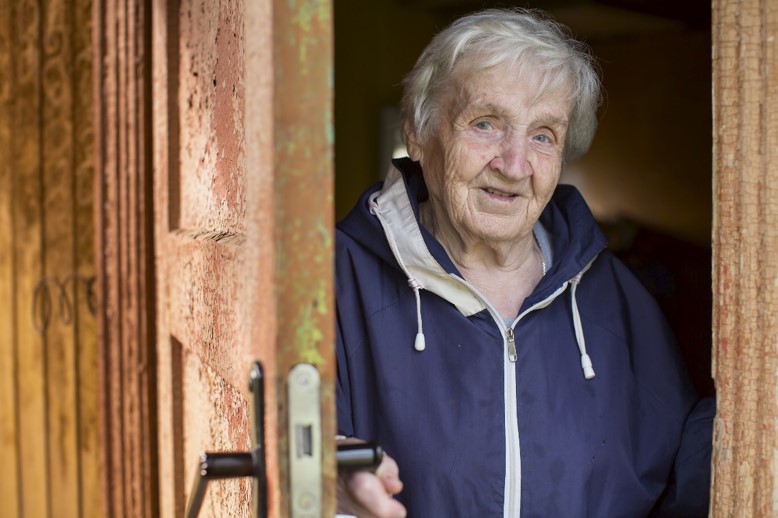Brotherhood of St Laurence's Critical Interim Support Program Making Care Possible for Disadvantaged Older Australians

There is a fundamental gap in Australia’s My Aged Care system that makes a somewhat challenging process even more difficult, for people who are already experiencing extreme disadvantage.
This means people who are vulnerable and socially isolated, and are unable to engage with the formal aged care assessment process, can be left without support.
Critical Interim Support
The Brotherhood of St Laurence (BSL) developed a Critical Interim Support (CIS) program as a two-year pilot to evaluate whether dedicated support could make a difference in the lives of older disadvantaged Australians. Running between September 2020 and August 2022, the philanthropically-funded program was set up to help older people experiencing severe disadvantage to access aged care and related services when needed.
The CIS team included two experienced Case Managers, a Support Worker, a Project Lead and a Senior Research Fellow. The clients were vulnerable and socially isolated older Victorians living in the southern and north western regions of Melbourne, around existing BSL service hubs. In the first 12 months of the program, they worked with 61 people, and during this time the program had wait lists of about three weeks, indicating significant interest.
Individualised outreach
Working in an assertive outreach capacity, the work of the team was to meet the clients’ priority needs and help them retain their independence and improve their quality of life, by providing intensive case management.
Their work involved assisting clients navigate the My Aged Care system, helping them to activate their Commonwealth Home Support Programme or accept their Home Care Provider, helping with paperwork, applying for extensions and coaching clients on how the process works, checking on wait lists, and helping clients connect with a family member or friend for ongoing support.
With each client having different needs and sometimes with complex backgrounds, it often took several visits from the Case Manager to gain their trust. It was sometimes a small objective that opened the door to other levels of support, such as dealing with basic needs like food, medications and phones, fixing appliances, getting agreements for industrial cleaning, and arranging for assessment and access to other services.
Filling the gap
The BSL’s CIS program supported clients to disentangle very challenging circumstances, preparing them to receive ongoing support through government-funded aged care services. Their Case Managers worked one-on-one with people who many other service providers put in the ‘too hard’ basket, such as people living in hoarding situations and squalor, and those in boarding houses.
Case Workers were also supported through the My Safety Buddy initiative, which leverages smartphone app and web portal technology to enable BSL to meet its duty of care to lone workers while facilitating one-on-one connections.
Most referrals to the program came from the Aged Care Assessment Services and Regional Assessment Service providers, as well as the hospital system. Referrers expressed great relieve that they had somewhere to refer people where there were concerns about their welfare and ability to manage on their own.
Rather than be time-limited, each client who received support through the CIS program remained with the program until a Home Care Provider was secured, or until other suitable and sustainable supports were in place.
Plans for expansion
With the program documented to evaluate outcomes and learnings, the hope is to demonstrate an effective model to address the needs of highly vulnerable older people while they are living in the community. In the future, BSL aims to partner with government to fund the service on an ongoing basis, locally or nationally.
Recognised by industry
The Brotherhood of St Laurence was recognised as a finalist in the Increasing Access to Care and Services Category in the 2021 innovAGEING National Awards.
